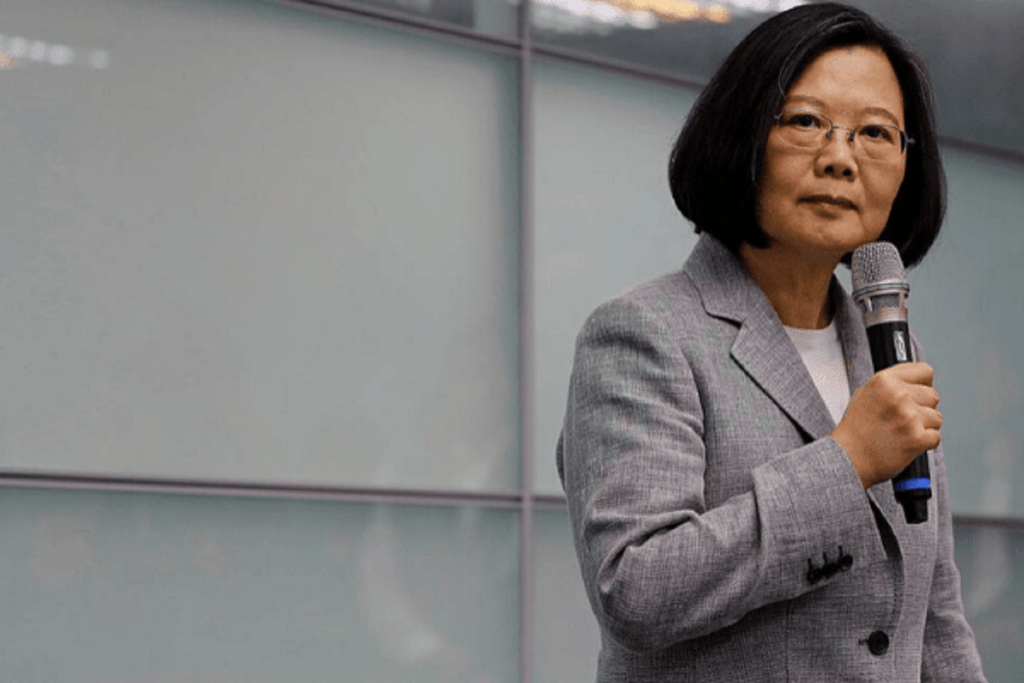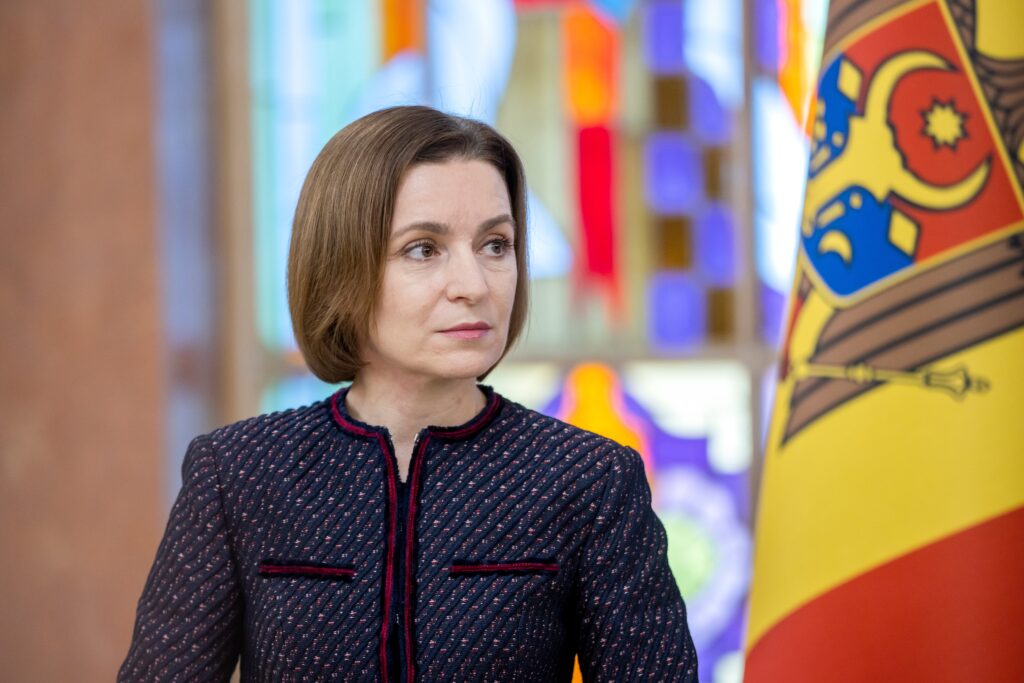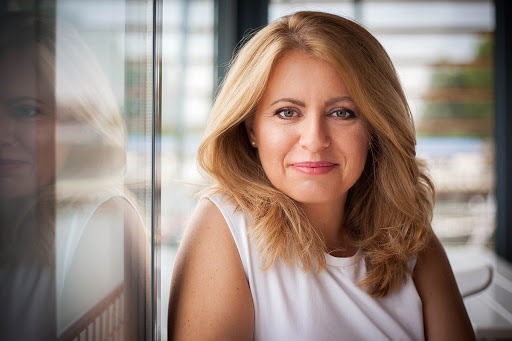In 2024, 1.5 billion people are expected to vote in national elections in what will be a record year for democracy, with elections happening in at least 64 countries and the European Union.
So what will that mean for women in leadership at a time when men still overwhelmingly dominate on the world stage?
Less than a third of United Nations member states have ever had a woman at the helm. Just 15 countries currently have a woman as Head of State, and 16 have a woman as Head of Government, according to UN Women.
Just over a quarter (26.5 per cent) of parliamentarians in single or lower houses were women in 2023. While that is up 11 per cent in 1995, the pace of change is far from enough to see women get equal representation in legislative decision-making within our lifetimes.
And despite 49 per cent of the world’s population living in countries due to hold elections over the coming 12 months, we’re unlikely to see much movement on these numbers. That means men will continue dominating the world stage, including during vital international negotiations on areas like conflict, trade and addressing climate change.
Indeed, 2024 also marks the final year in office for several influential female leaders, including Taiwan’s first female president, Tsai Ing-wen, who was credited with leading the country through the pandemic and standing up to China. In Taiwan’s election this weekend, Ing-Wen’s vice president turned leader of the Democratic Progressive Party, William Lai, achieved a resounding victory in what’s been seen as support for continuing Ing-wen’s legacy.

But there are bright spots for women’s representation. Some countries have several women emerging as strong election contenders and future country leaders, with some likely firsts ahead for women.
Mexico is destined to see its first female president elected in 2024 when elections take place in June, with the two leading candidates being women. Claudia Sheinbaum is a former Mexico City Mayor and the current frontrunner, with one of her main rivals being the candidate for the opposition, Senator Xóchitl Gálvez.
Both of these female candidates are progressive on issues like abortion, women’s rights and the treatment of minorities. If Sheinbaum wins, she will not only be the first woman but also the first Jewish president.

In Uruguay, Carolina Cosse is a strong contender running for president after entering politics in 2007 following a career in telecommunications. She is progressive and reported to be committed to feminism. Another female contender is Laura Raffo, who first ran for office in 2020 and has a prominent profile following a television and business and economics background.
Meanwhile, Maria Corina Machado is the opposition hopeful for president in Venezuela and a strong contender.
Lithuania’s first female prime minister, Ingrida Šimonytė, will be running for president during the 2024 presidential election, with the parliamentary election due to happen a few months later.
Moldova President Maia Sandu’s term has delivered strong results for one of Europe’s poorest countries since she was elected in 2020. She has overseen the energy crisis, the country’s response to the pandemic, as well as the spillover consequences of Russia’s invasion of Ukraine.
Sandu is hoping for s second term when the country votes, in an early election she called to firm up support in leading into the country’s parliamentary vote, expected in early 2025. The election also includes a referendum asking whether voters support EU integration.

An early 2024 election in Bangladesh resulted in one of the few women leading a country to retain power, with Prime Minister Sheikh Hasina winning her fourth consecutive term in office. She has held the position since 2009, now winning another five years in office — with concerns raised about Bangladesh increasingly being under a one-party rule.
Elsewhere, men dominate the candidate lists of country elections, with 2024 potentially set to firm up the rule of ‘strongmen further’.
In the United States, Nikki Haley has a small chance of becoming the Republican candidate for the presidential election, but Donald Trump is still the overwhelming favourite despite dealing with multiple criminal and civil lawsuits. President Joe Biden remains the most likely Democratic candidate.
Russia is also holding a presidential election this year, with President Vladimir Putin likely to secure the vote to win a fourth term – after the country’s constitution was changed in 2020 to allow him to run again. Putin’s main democratic rival Alexei Navalny is currently in a high-security prison, making him ineligible to run.
Meanwhile, Europeans will also vote for the European parliament midway through the year, with the centre-right European People’s Party’s Manfred Weber currently tipped to win. And Ursula von der Leyen is facing an uphill battle to remain president of the European Commission, thanks to expected changes in how the European Union applies rules on how future presidents are selected.
The United Kingdom could have a general election at some point in 2024, with current Prime Minister Rishi Sunak declaring he would call for it in the second half of the year. Polling indicates Sunak’s ruling Tories are headed for a wipeout that would put Labour in power for the first time and, should he stay part leader, deliver the prime ministership for Labour leader Keir Starmer.
One billion people in India are also expected to vote this year, marking the largest election in the world as Narendra Modi seeks a second term.
In Pakistan, Imran Khan is expected to run from prison, with the former premier convicted for corruption, which he is currently appealing.
Other countries headed to the polls this year include presidential elections for Algeria, Indonesia, Chad, Ghana, Sri Lanka, Senegal, Rwanda, Croatia, Iceland, Slovakia and Finland. Parliamentary votes will also happen in Portugal, Lithuania and Slovakia.
Regardless of whether female candidates are running or not in these country votes, women’s rights, safety and economic opportunities will be affected by the outcomes of these elections and 2024 will be a seriously consequential year when it comes to international relations, climate action, world trade and ultimately world peace.
Zuzana Čaputová’s powerful farewell speech regarding the future of democracy
Slovakia’s first female president, Zuzana Čaputová, announced she would be stepping down in 2023 with the country to vote for a new president in March 2024.
She has been progressive during her term and has countered the power of Prime Minister Robert Fico, including his push to shut down the country’s anti-corruption prosecutor’s office and pledge to end support for Ukraine.
During her final New Year’s Day speech, she urged the country to “protect and promote our constitutional democratic values” and called for free media and for respect and decency.

Her speech shared several meaningful comments on the future of democracy and some of the shared challenges different parts of the planet have ahead, including misinformation, inequality, a loss of trust in institutions, a generation of younger people feeling misunderstood and lonely, and the general erosion of community cohesion.
She said that after five years in office, she is convinced that one of the biggest obstacles the culture faces is a lack of culture, especially in politics and the number of conflicts that occur in their society.
“Animosity becomes a hallmark of public life. However, it also spills over into our families, households and relationships between people,” she said.
“Rudeness, vulgarity and lying are not signs of strength but of weakness. Weak people resort to them. They are impressed by such behaviour, and so they repeat it. True strength lies in calmness and perspective. And the greatest strength is the ability to control yourself.’
“We simply need more truth and love… Finally, remembering the values and qualities proved over centuries does not have to be pathetic. They are not a sign of their devaluation. But on the contrary, it confirms their validity and importance. And we still need them now.
“We all need more kindness and understanding in communication, in interactions, even when we disagree. Actually, especially then.”
Zuzana Čaputová’s call for kindness and understanding could not be more apt in this hugely consequential year for democracy.

